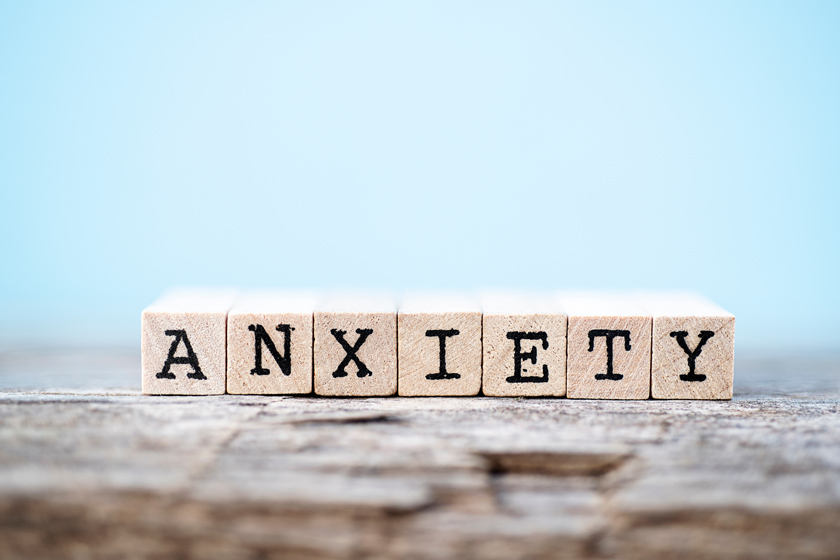How do you know if your loved one suffers from anxiety or dementia? Both conditions can cause changes in behavior, even though they are very different. Here’s what you need to know to help determine if your loved one may be experiencing anxiety or dementia:
Anxiety Can Be A Symptom Of Dementia
Anxiety is a common symptom of dementia but can also be present in other situations. It’s important to distinguish between anxiety and agitation because they’re not the same thing. When a person with dementia becomes agitated, they are usually more active than usual and may pace or shout. They might also lash out at their caregiver or exhibit unusual behaviors such as refusing to bathe or eating food that doesn’t interest them.
On the other hand, anxiety is often marked by restlessness and worryfulness—the feeling of being unable to relax even when you’re doing nothing in particular! Those with Alzheimer’s disease who experience this type of stress tend to have trouble sleeping because their thoughts won’t stop racing through their head; this can lead them back down into depression as well as contribute to confusion about what’s happening around them if someone else tries explaining something difficult for example (elderly people often forget explanations given).
It’s Important To Distinguish Between Anxiety And Agitation
Anxiety and agitation are both symptoms of dementia, but they are not the same thing. Anxiety is defined as a state of apprehension and uneasiness, while agitation is defined as excitement or restlessness.
If you have dementia, it’s important to distinguish between anxiety and agitation so that you can get treatment for each symptom separately. For example, if your loved one experiences anxiety when they’re supposed to take their medication (and they forget what day of the week it is), then you can help them by reminding them that it’s time for their medication and helping them remember how much water they need to drink with it.
If your loved one experiences agitation instead, such as pacing around the house or increasing their use of profanity when frustrated with themselves or others (including family members), then taking them out into nature may calm their nerves down enough so that they won’t feel like yelling anymore!
There Are Ways To Ease Anxiety In A Person With Dementia
The most important thing in easing anxiety in a person with dementia is simply talking to them about their worries. Don’t be afraid to ask them about the things that are bothering them, and try to explain that it’s normal for people with dementia to feel anxious sometimes. Try not to get frustrated if they do not understand or acknowledge your reassurance; instead, focus on explaining these things carefully enough that they can remember what you said later on.
Your efforts may also be rewarded by discovering new ways of reducing the person’s anxiety: if they are worried about something happening at night or during the day, reassure them by saying it will happen when it happens—and then distract them with an activity or game of some kind! This will help both reduce their stress level and keep them focused on something fun rather than worrying all over again later down the line when no one else has helped alleviate their fears yet again.
Remember that even though your loved one may be unable to hide their feelings of fear and uncertainty right now, they still want to be included in all aspects of life. To do so, you’ll need to be patient with them while they work through their fears and anxieties at their own pace; don’t force them into situations where they feel uncomfortable or out of control—this will only make things worse, as well as prevent them from feeling like part of the family again!
Conclusion
For many people, anxiety is a part of life. People with dementia can experience anxiety in many forms, and it’s important to understand how this affects them. The good news is that there are ways to reduce your loved one’s anxiety so they can live a full life.







